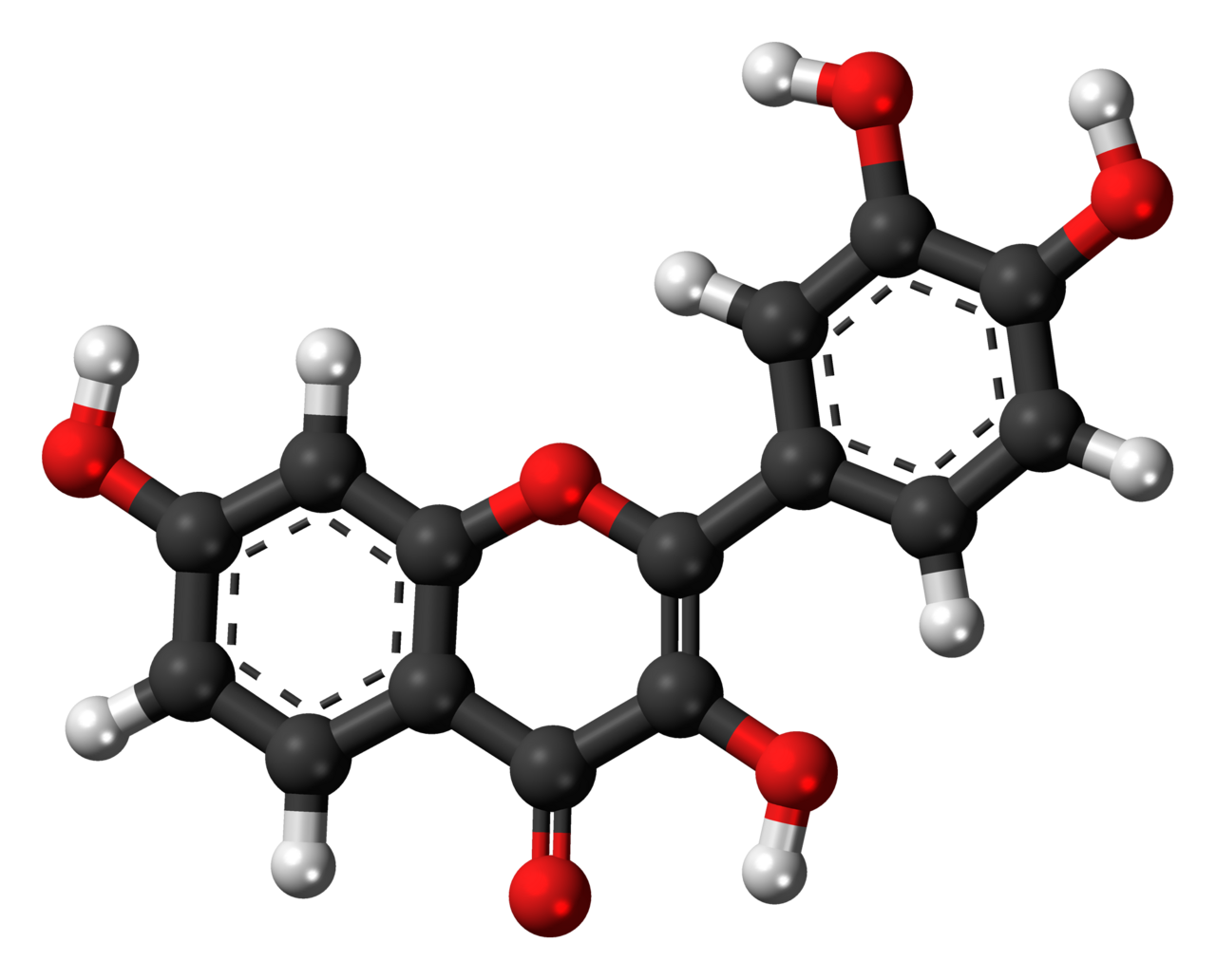If eventually validated in human trials, it might mean it could prevent vascular calcification and reduce cardiovascular damage caused by aging and chronic kidney disease. Fisetin is in the flavonols family and is found naturally in fruits and vegetables but is also sold as an unvalidated supplement outside FDA testing.

Created with Discovery Studio Visualizer.
It is common in aging that blood vessels stiffen due to calcium deposits, which is correlated to risk of heart attacks and strokes. Using human and mouse cell researchers, vascular smooth muscle cells (so this is EXPLORATORY) they tested fisetin’s ability to prevent this calcification. They found that fisetin suppresses activity in a signaling pathway called p38 MAPK, which is known to promote calcification. This effect depends on a protein called DUSP1.
When DUSP1 was blocked, fisetin could no longer protect the cells, showing that this protein is essential for its anti-calcification activity. The researchers confirmed fisetin’s protective effects in isolated mouse arteries and in living mice treated with high doses of vitamin D, which typically increases arterial calcification.
They did what they could short of clinical trials to test fisetin under conditions similar to human disease. When VSMCs were exposed to blood serum from kidney dialysis patients—a condition known to trigger vascular calcification—fisetin again reduced calcium buildup and protected the cells.
These findings suggest that if validated fisetin could one day be useful in countering the harmful vascular effects seen in chronic kidney disease.






Comments